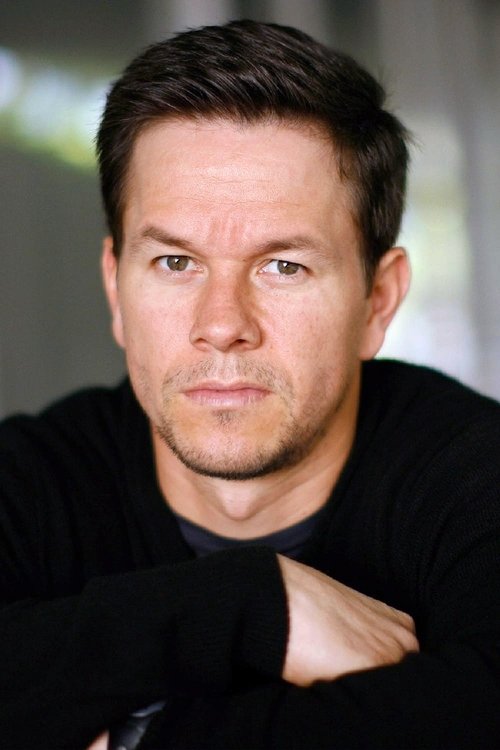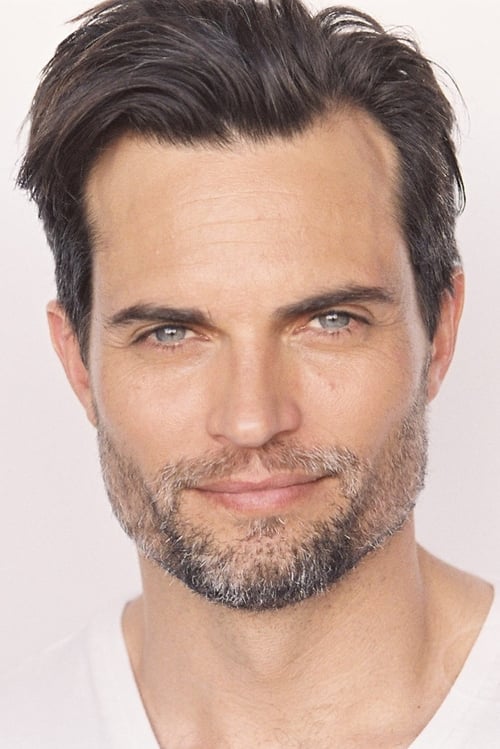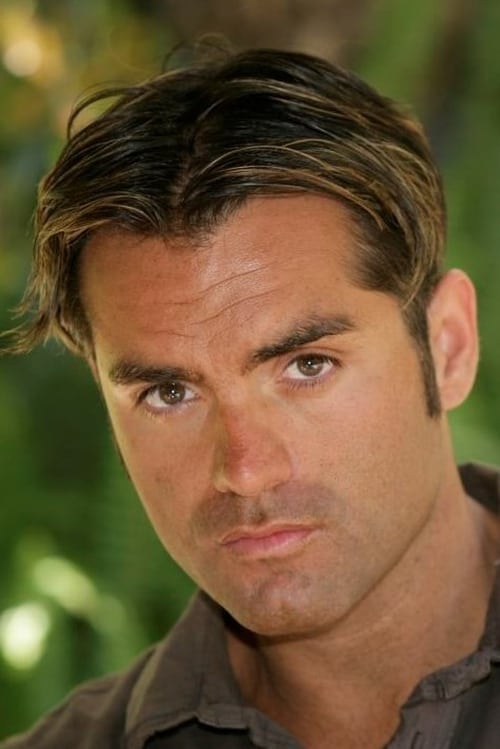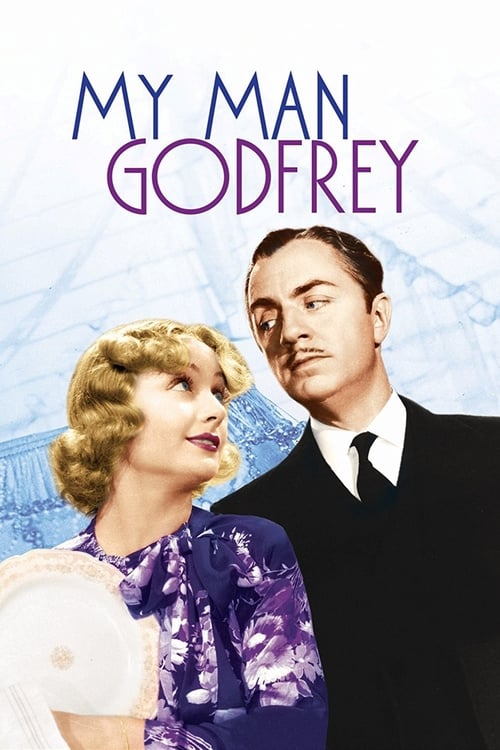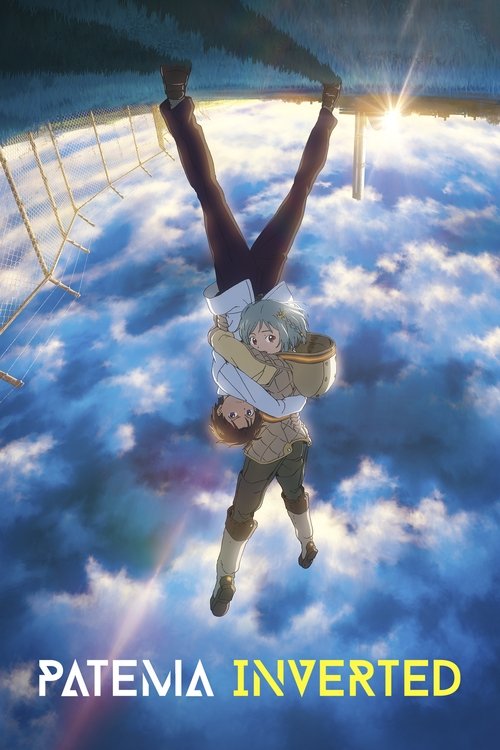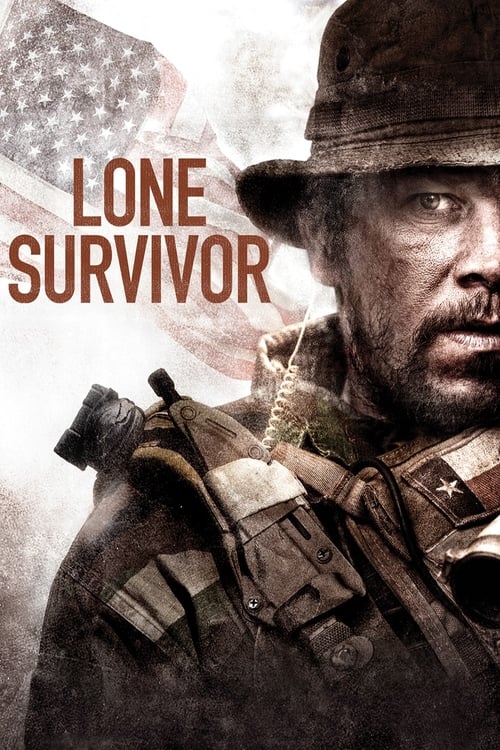
Lone Survivor
Four Navy SEALs on a covert mission to neutralize a high-level Taliban operative must make an impossible moral decision in the mountains of Afghanistan that leads them into an enemy ambush. As they confront unthinkable odds, the SEALs must find reserves of strength and resilience to fight to the finish.
Dialogues from Movie Lone Survivor
Quotes from Movie Lone Survivor
Sound Tracks from Lone Survivor by Hans Zimmer
The Only Easy Day Was Yesterday
The Only Easy Day Was Yesterday by Hans Zimmer, Main theme throughout the film
The Covenant
The Covenant by Hans Zimmer, Intense battle sequences
The Last Stand
The Last Stand by Hans Zimmer, The climactic moments
Download App
Memorable Scenes from Movie Lone Survivor
The Decision to Engage
In the beginning, the team of Navy SEALs, led by Marcus Luttrell, is preparing for a mission in Afghanistan. They face a moral dilemma when they encounter a group of unarmed Afghan goat herders. The tension builds as the team debates whether to kill the herders to maintain operational secrecy. The pivotal moment comes when they ultimately decide to let them go, showing a commitment to their values despite the risks. This decision sets the stage for the catastrophic events that follow, highlighting the ethics of war and the consequences of choices made in combat.
Context: This scene lays the groundwork for the mission, showcasing the team's camaraderie and moral compass, which leads to severe repercussions when they encounter the Taliban.
The Ambush
As the SEAL team is executing their mission, they are ambushed by Taliban fighters. The tension escalates as the team attempts to defend themselves against overwhelming odds. The pivotal moment occurs when they realize they are outnumbered and outgunned, prompting a frantic fight for survival. Visually, the chaos of gunfire and explosions creates a nightmare scenario, emphasizing the brutality of war. The aftermath sees the team scattered and injured, creating a sense of despair and urgency in the air.
Context: This intense scene shifts the film from a mission to survival, illustrating the unpredictability of warfare and the relentless nature of the enemy.
The Fall
After sustaining serious injuries, Marcus Luttrell witnesses his fellow team members being killed one by one. The emotional weight of losing friends in such a brutal manner is heart-wrenching. The pivotal moment comes when he realizes he is the last survivor. The visuals capture his face filled with grief, anger, and determination. The trauma from this experience profoundly impacts his character and sets him on a path of survival against all odds.
Context: This moment is crucial as it highlights the personal cost of the mission and shifts the focus to Marcus’s struggle for survival, deepening the emotional stakes.
Finding Refuge
As Luttrell escapes the enemy, he finds himself in a small village, where an Afghan family provides aid. The pivotal moment comes when they protect him from the Taliban despite the danger it poses to their own lives. Their selflessness contrasts sharply with the violence Luttrell has experienced. This scene is a ray of hope amidst despair, showcasing humanity in the chaos of war.
Context: This moment reinforces the theme of friendship and kindness transcending cultural barriers, illustrating the complexities of loyalty and morality in war.
Betrayal of Trust
The Taliban discovers Luttrell’s whereabouts and retaliates against the villagers. The emotional climax hits hard as the villagers are attacked for protecting him. The betrayal of trust is palpable. The visuals of chaos and suffering strike viewers deeply. Luttrell’s pain at the villagers’ suffering dramatically highlights the collateral damage of warfare.
Context: This moment underscores the devastating impact of Luttrell’s survival and brings to light the cost of his mission on innocent lives, increasing the film's emotional depth.
The Call for Help
In desperation, Luttrell manages to call for help from the U.S. military. The moment of him relaying his location while being hunted by the enemy is filled with tension. The pivotal moment comes when he hears the helicopters approaching, a symbol of hope and rescue. The visuals of the blades cutting through the sky provide a stark contrast to the earlier scenes of despair.
Context: This moment marks a turning point where Luttrell holds onto hope, illustrating the struggle for survival and the desire for salvation amidst chaos.
The Rescue
The U.S. military arrives, and the intense firefight ensues. The pivotal moment is when Luttrell is finally reunited with American forces, a bittersweet victory after losing his team. The visuals highlight the chaotic nature of the battle while giving viewers a sense of resolution. Luttrell's relief combined with his grief is powerfully palpable.
Context: This scene represents a turning point in the film, as it signifies the end of the immediate threat but highlights the heavy price paid for survival, leaving viewers with a mix of emotions.
Honoring the Fallen
After the chaos, Luttrell visits the graves of his fallen comrades. The emotional weight of this moment is profound as he reflects on their sacrifices. The pivotal moment occurs when he fully acknowledges the impact of loss on his life and the courage of his team. The visuals are solemn, adding to the reverence of the moment.
Context: This scene serves as a poignant reminder of the costs of war and the bonds forged in combat, emphasizing the theme of brotherhood.
The Last Stand
In a poignant flashback, Luttrell recalls the brotherhood shared with his teammates. The moment peaks with a montage of their training and camaraderie. This retrospective gives context to Luttrell's current struggle, making the stakes feel personal. The contrasting visuals between training and battle create a powerful emotional resonance.
Context: This moment amplifies the tragedy of loss while celebrating the unbreakable bonds formed through shared experiences, resonating with the audience.
The Real Story
The film closes with Luttrell speaking directly to the audience about the true events, emphasizing the honor of his fallen comrades. The emotional weight is intense as he reflects on courage and sacrifice. The pivotal moment comes when he urges viewers to recognize the sacrifices of service members. His heartfelt words linger, leaving an impact.
Context: This closing scene ties back to the film's central themes of honor, sacrifice, and the true price of war, ensuring the audience leaves with a lasting message.
In the Mountains
The SEAL team treks through the harsh mountains of Afghanistan, preparing for their mission. The visuals of the vast, rugged landscape set up the challenge they face. The pivotal moment occurs when they stop to assess their surroundings, foreshadowing the difficulties ahead. The camaraderie in the team is solidified by their banter and planning.
Context: This scene establishes the environment and builds tension for the mission, allowing the audience to appreciate the challenges posed by nature and enemy forces.
The Briefing
Before the mission, the team receives a briefing about the target. The seriousness of the moment establishes the high stakes of their mission. The pivotal moment comes when they realize the implications of their actions. The visuals of the serious looks of the team highlight the weight of their responsibilities.
Context: This scene sets the tone for the mission and effectively builds anticipation and anxiety as the audience understands the risks involved.
First Encounter
The SEAL team first encounters the goat herders, leading to the moral dilemma. The tension builds as the team debates what to do. The pivotal moment is when they ultimately decide to let them go, setting off a chain of events. The visuals of their heated discussion convey the gravity of their choice.
Context: This moment encapsulates the struggle between duty and ethics, highlighting the moral complexities that soldiers face, adding depth to the narrative.
Facing the Enemy
During the ambush, the SEAL team fights bravely but realizes their situation is dire. The pivotal moment comes as the commander shouts orders while chaos unfolds around them. The visuals of the firefight are chaotic yet beautifully shot, showing the desperation of the moment.
Context: This scene underscores the intensity of warfare and the resolve of the characters, drawing the audience into the urgency of survival.
The Escape
Luttrell manages to escape on foot after the ambush. The moment he pushes himself to keep going, despite his injuries, is filled with tension. The visuals of him navigating the treacherous terrain drive home his determination to survive.
Context: This moment showcases Luttrell’s resilience and spirit, highlighting his will to live against overwhelming odds, reinforcing the theme of survival.
Moments of Solitude
As Luttrell hides in the mountains, he reflects on his life and comrades. The pivotal moment is when he confronts his own fears and doubts. The serene visuals of the landscape contrast with his inner turmoil, creating an emotional juxtaposition.
Context: This moment provides insight into Luttrell’s psyche and adds depth to his character, helping the audience connect with him on a personal level.
The Villagers' Courage
The Afghan family risks their safety to protect Luttrell. The emotional weight of their bravery is palpable. The pivotal moment comes when they choose to defy the Taliban for his sake, showcasing extraordinary human compassion. The visuals emphasize the tension and danger in their decision.
Context: This moment highlights the themes of loyalty and bravery across cultures, reinforcing the message that humanity transcends borders.
Betrayal Unfolds
The Taliban captures the villagers who aided Luttrell, showing the brutal consequences of his survival. The pivotal moment is when Luttrell learns of the village attack. The visuals of destruction and pain hit hard, intertwining his relief with guilt.
Context: This moment reveals the harsh realities of warfare and the collateral damage involved, deepening the emotional stakes and ethical dilemmas of Luttrell’s survival.
Rescue Team Arrives
When the rescue team arrives, it creates a sense of hope. The pivotal moment comes as Luttrell sees their helicopters approach, promising salvation. The visuals shift from darkness to light, highlighting the change in Luttrell’s fate.
Context: This scene marks the turning point where survival takes precedence, showing the relief and hope that can emerge even in dire circumstances.
Remembering the Fallen
At the end, Luttrell reflects on his fallen comrades’ sacrifices. The powerful visuals of their memorial underscoring the reality of loss gives this scene a heavy emotional weight. The pivotal moment comes as he speaks about their heroism and loyalty.
Context: This scene ties together all the threads of the film, focusing on the themes of sacrifice and honor.
Bonding Under Fire
During a moment of relative calm, the SEAL team shares personal stories and laughs. The pivotal moment is their banter, which builds a bond between them. The visuals transition from tense to light-hearted, showing their humanity amidst war.
Context: This scene reinforces the camaraderie and brotherhood of the team, contrasting with the impending danger and enhancing the viewer's emotional investment.
The Weight of Survival
Luttrell's struggle to find food and water in the mountains showcases the brutality of survival. The pivotal moment occurs when he makes a risky decision to drink from a stream. The intensity of his need and the visuals of the rugged terrain heighten the stakes.
Context: This scene amplifies the survival theme, illustrating Luttrell’s desperation and the harsh realities faced in combat, increasing audience empathy.
The Impact of War
Luttrell learns of the aftermath of the battle through news coverage. The emotional weight comes from the acknowledgment of loss on a broader scale. The pivotal moment is his recognition of the soldiers who died as a result of the mission.
Context: This moment connects the personal story to the larger narrative of war, reinforcing the impact of sacrifice beyond individual experiences.
Download App


